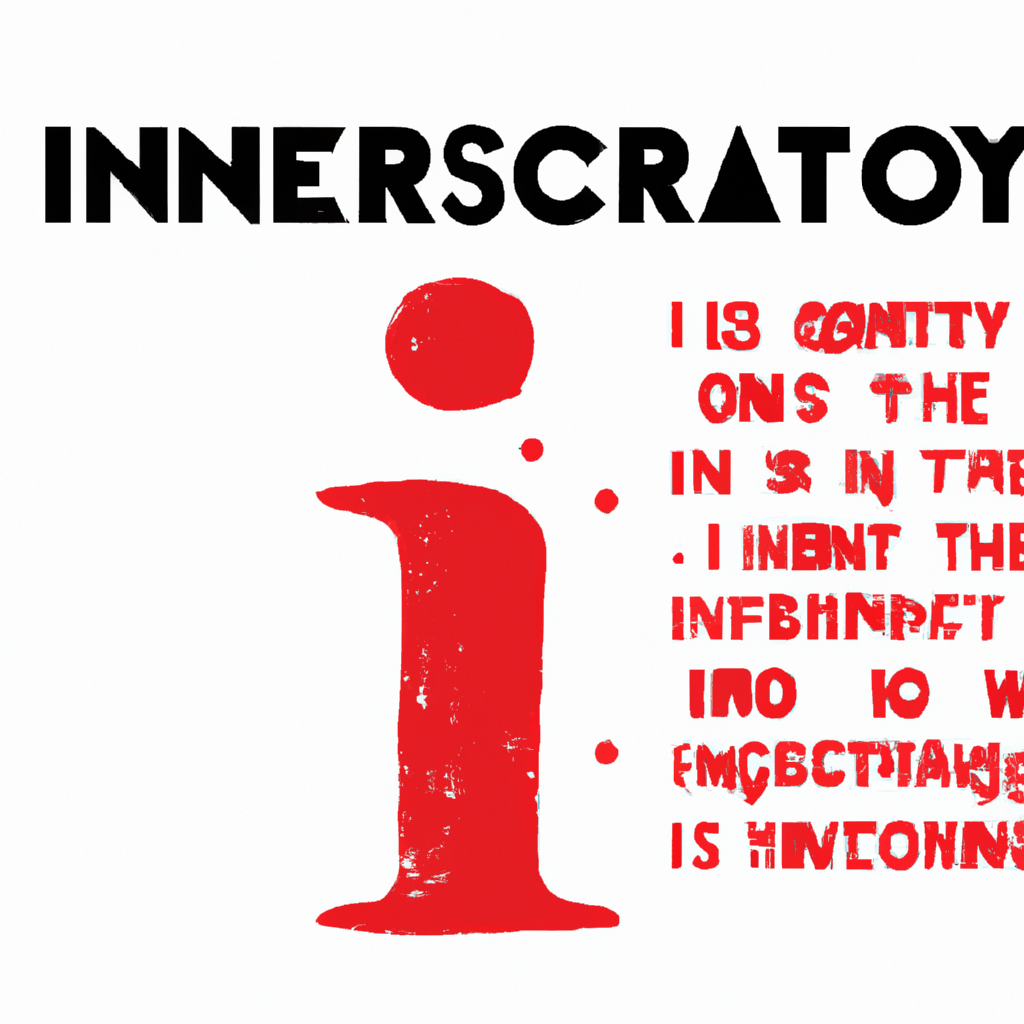Do you ever find yourself reflecting on certain moments in life, and wondering what actions you could have taken differently? Self-reflection is an important part of our everyday lives, opening the door to understanding our purpose and values. By taking the initiative to reflect on our current situations, we can learn how to better ourselves emotionally and, ultimately, take action towards a more purposeful life. In this article, we will explore how to turn self-reflection into action and create an action plan for a better tomorrow.
1. Seeking Clarity Through Introspection
Spending time alone can be an invaluable opportunity to gain clarity. It is in these moments of solitary contemplation that we can gain a deeper understanding of ourselves, our goals, and ultimately the life we want to live. Introspection has an incredible power to bring order to our thoughts and provide us with direction.
- Find a Quiet Space Rather than try and confront all of our chaotic thoughts at once, it can help to create a physical environment that is calming and conducive to introspection. Whether it’s a quiet place in nature, a tranquil spot in your home, or a corner of your favorite coffee shop – make sure it’s a place that you feel comfortable and allows you to reflect clearly.
- Organize Your Thoughts Once you’re in your chosen introspective space, write down everything that’s on your mind – everything from the small unimportant thoughts to the bigger important ones. When you’re starting out, simply writing these down one after the other can be incredibly liberating and allow for the emergence of clarity. Then begin to organize your thoughts into topics or categories so you can identify patterns and prioritize what’s truly important to you.
- Make Connections As you iron out your thoughts, try to make connections between them. This could include relating two or more of your thoughts to a common theme, or gaining a new insight from the juxtaposition of disparate topics. Looking for these connections provides an invaluable opportunity for self-reflection and understanding.
- Discover Meaning Introspection is an incredibly powerful tool and with enough reflection, you’ll eventually be able to identify a single source of truth and meaning from all of the thoughts you’ve explored. As this understanding slowly becomes clearer, you’ll be better equipped to make decisions in line with the life you desire to lead.

2. What Self-Reflection Tells Us
- The Power of Mindfulness – Self-reflection can help us deepen our self-awareness and understanding of our internal world. It helps us to be mindful of our thoughts and emotions, and shift our attention to the present moment. Studies have shown that engaging in this type of mindful awareness can lead to greater psychological resilience and wellbeing, as well as improved ability to regulate our emotions.
- Insight into Priorities – A strong reflection practice allows us to gain insight into our priorities and values. Taking the time to look inward, we can gain an understanding of what truly matters to us and what we should focus our energy on. This can help us make decisions from a place of clarity, rather than from reactive impulses.
- Learning From Mistakes – Committing mistakes can be difficult and disheartening. However, self-reflection provides us with the opportunity to learn from them. We can better understand our actions and how our thought process can influence our behavior. Through this process, we can gain the wisdom we need to avoid repeating past mistakes.
- Acknowledging Progress – It can be all too easy to focus on what we lack, rather than the progress we have made. By engaging in self-reflection, we can acknowledge the progress and growth we have achieved over time. This can help to give us a more positive outlook on our lives and the direction we’re going in.
- Exploring Solutions – The insights yielded through self-reflection can equip us with the capacity to explore and develop solutions to any potential challenges. Through this process, we become more empowered to tackle difficult issues and make changes that serve our highest needs.
By engaging in self-reflection, we can open ourselves up to greater understanding, appreciation, and resilience. We can develop the capacity to recognize our progress, understand our core values, make better decisions, learn from mistakes, and explore solutions. By focusing our attention on the internal, we can better connect to our true purpose and path forward.
3. Turning Insight Into Action
As we all know, the most valuable insight is nothing if it’s not put into action. Turning those golden truths from the data you’ve gathered into actionable results is where the true value lies—and it isn’t always so easy. But fear not—we’ve got the tips and techniques to get you started on the path to action.
Assess Your Resources
Before you can dive into strategizing, take some time to analyze which employee or vendor resources you have at your disposal. Who has the most expertise in your specific challenge? Are there any special technology or tools necessary to achieve success? You can tailor your implementing strategy once you’ve thought through the resources you’ve got.
Organize a Plan of Attack
Using the assets you’ve identified, build a plan for making progress towards your goal. Divide the project into smaller, manageable pieces and assign tasks to members of the team. Developing a timeline and outlining objective measures of success can help to keep the project on track and ensure that all members have a shared understanding of the goal.
Monitor Progress
Once your plan is in motion, periodic check-ins are essential. Whether you’re gathering data, evaluating trends or getting feedback, review and refine the plan and make sure all team members are on the same page. This will ensure that everyone is making the most of their time and resources.
Maintain Adaptability
Success isn’t always a straight line—often times, progress comes in fits and starts. Be prepared for unexpected twist and turns, and know when and how to pivot and make adjustments to the plan. From the beginning, make sure everyone understands that adapting to the situation is an important part of any successful project.
4. Applying Self-Reflection to Everyday Life
Being able to reflect on oneself is an invaluable skill. It can bring clarity to a confusing and chaotic life. With thought and looking deep into one’s self essentially, one will be aware of the different potential pathways ahead, and that can help dictate a meaningful life. But, it takes self-awareness and courage to practice self-reflection. So, how could one apply this skill to one’s everyday life?
Take Responsibility. One must look at their own actions and go beyond the surface. It is not enough to simply make excuses for why something isn’t working out or why they feel a certain way. It takes being present in the moment and admitting the truth even when it is unpleasant and difficult.
Be Mindful of Thoughts. Without reflection, it is easy to get caught up in the present moment or to let the mind wander to worst case scenarios. But, with self-reflection it is possible to gain an understanding of what it is that is driving certain thought patterns. It allows one to harness the power of their thoughts.
Make Adjustments. As challenges arise, one must take the time to go within. This is when one can assess what is lacking or how to reposition themselves. It is also important to pay attention one’s values and conviction. With self-awareness and consideration of the outside world, one can make the needed adjustments to make the desired impact.
Positive Attributes. Self-reflection also allows one to get to know themselves better. To list off our positive attributes, acknowledge our successes and to be more comfortable with our imperfections can create a deeper sense of self- acceptance. When one fully embrace all aspects of themselves on a daily basis, one can move forward with greater confidence and peace.
- Take responsibility for own actions
- Be mindful of thought patterns
- Make adjustments as needed
- Acknowledge positive attributes
These are just some of the many ways that self-reflection can be beneficial to everyday life. Practice it regularly, and consistently incorporate it into one’s life to reap the rewards of being in touch with one’s thoughts, feelings, and values.
We have explored various methods of self-reflection to allow us to focus on what we’re doing and why. This understanding can give us the confidence and motivation to take meaningful action — to bring our intentions to life and ground our convictions in action. May your exploration continue and may your actions speak louder than words.
